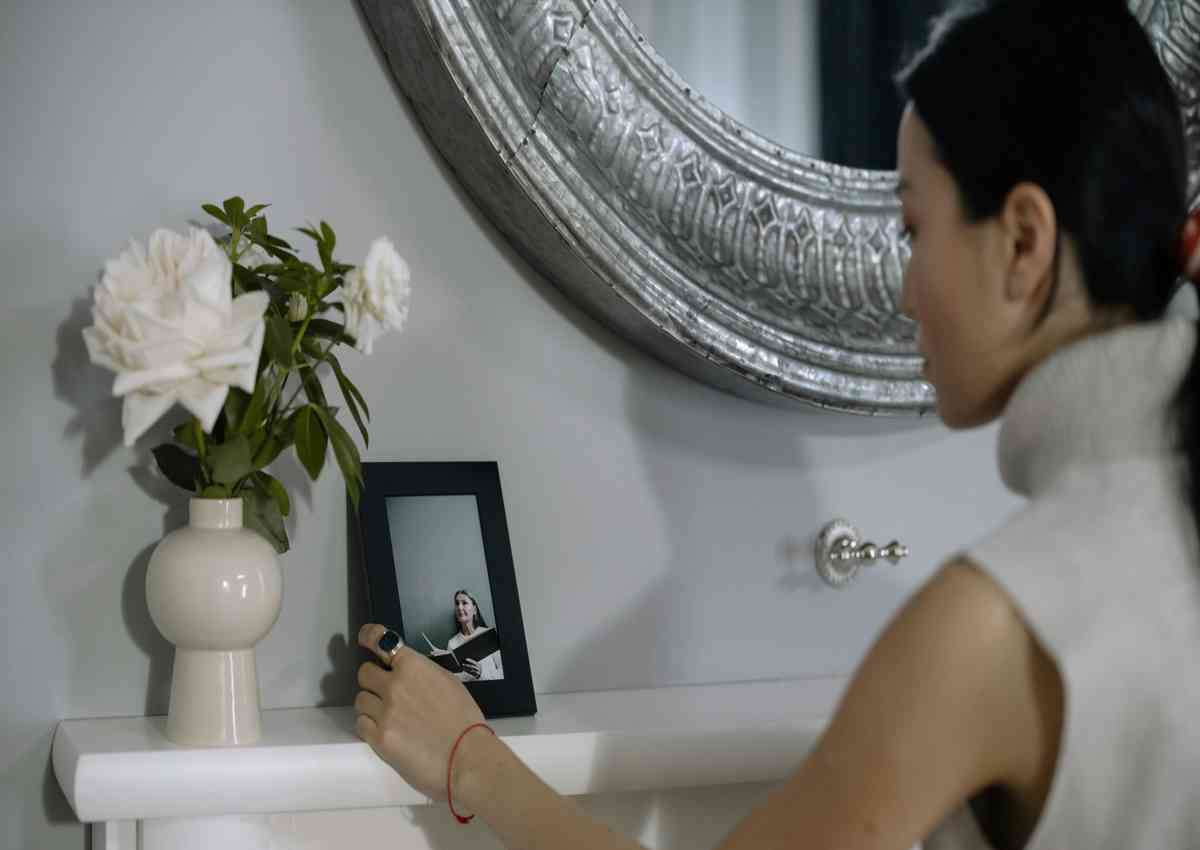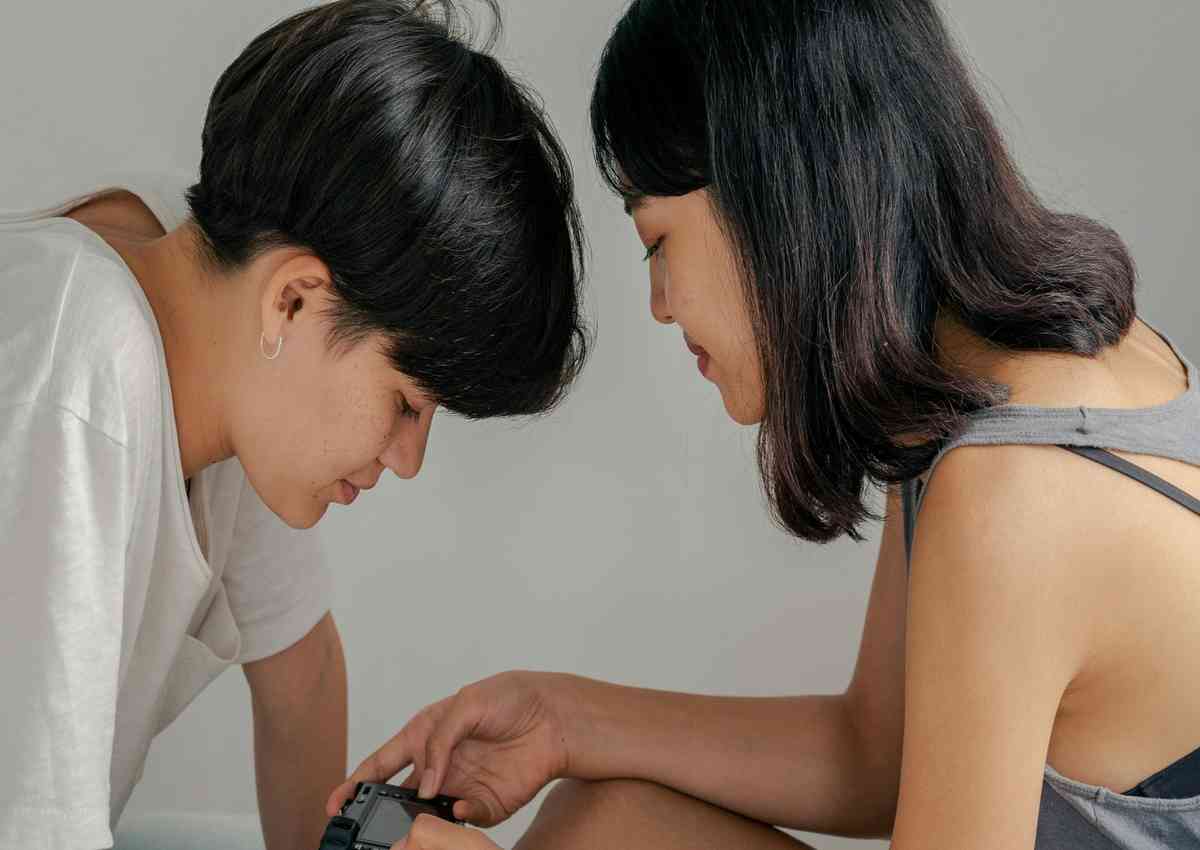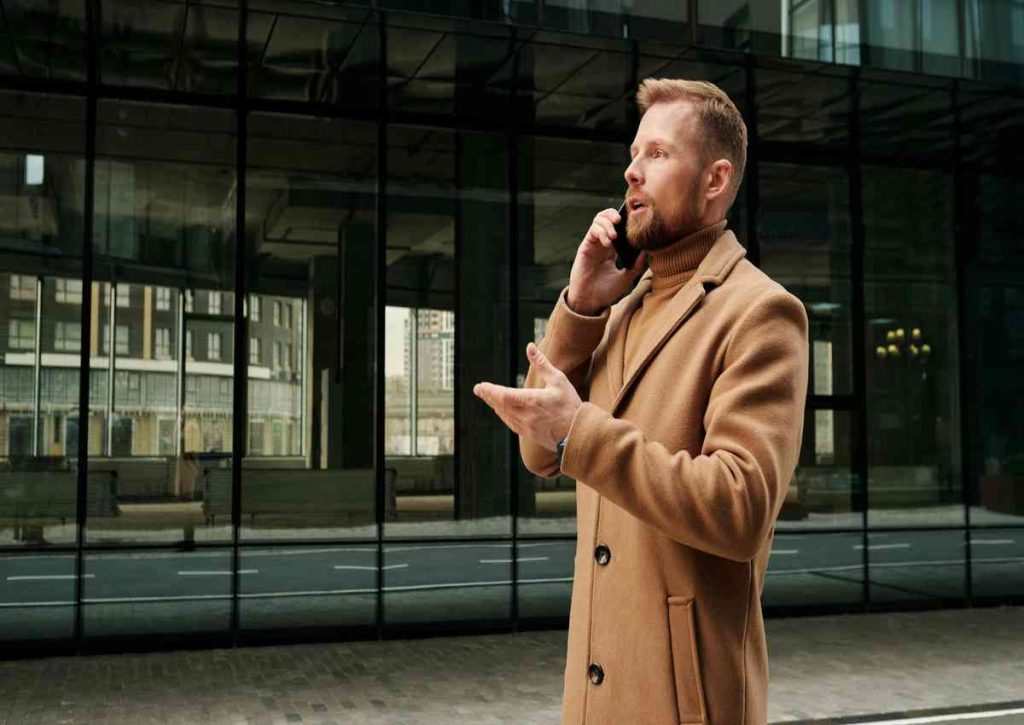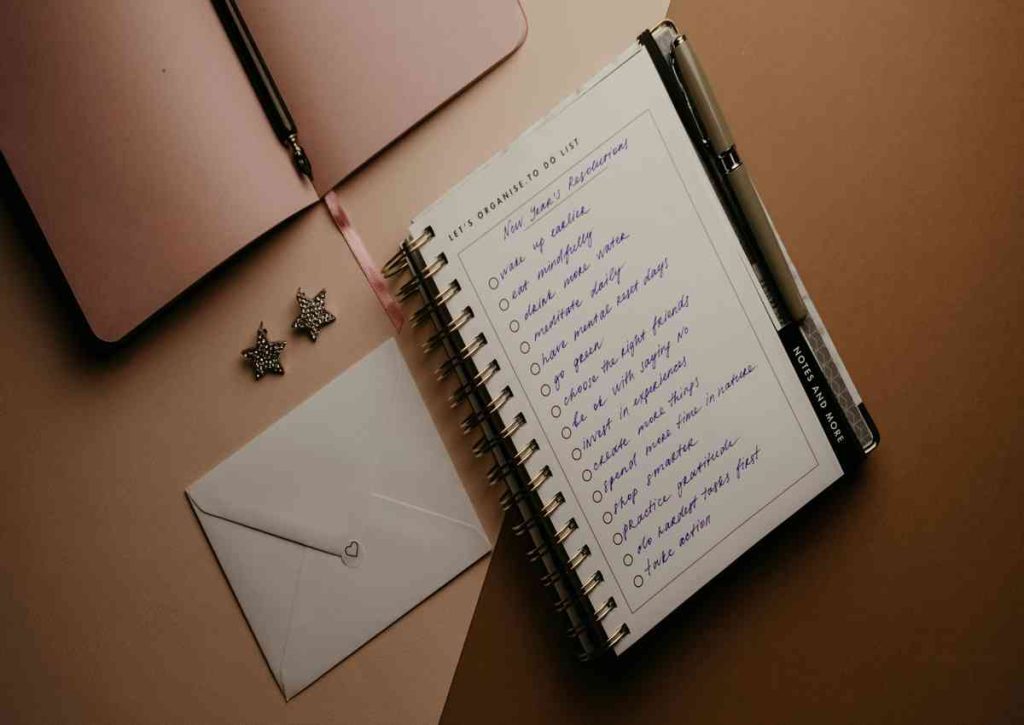Your cart is currently empty!
By
John Abraham
| UPDATED

Dating in midlife comes with its own mix of challenges baggage, burnout, and the pressure to “get it right this time.” But it’s also a season full of clarity, confidence, and second chances. Whether you’re recently divorced, long single, or just feeling stuck, there are research backed ways to shift your mindset and experience more joy while dating again. Here are 28 science supported strategies that can help reboot your love life, boost connection, and turn a slump into something hopeful.
1. Reframe Midlife Dating

Midlife isn’t a deadline, it’s a doorway. Instead of seeing your age as a limitation, embrace it as a reset. Research shows that cognitive reframing boosts resilience and long-term optimism, two essential ingredients for meaningful relationships. You’ve lived, learned, and grown and that self-awareness gives you an edge younger daters don’t have. When you stop chasing what used to be and start valuing what is, dating becomes less about pressure and more about authentic connection.
2. Stop Comparing to Your Past

Looking back at your twenties or thirties and thinking “I had it easier then” is natural but not helpful. Constant comparison creates unrealistic expectations and robs you of joy in the present. You’re not behind, you’re simply dating with more clarity, boundaries, and purpose. Studies show that self acceptance leads to greater emotional satisfaction. Instead of chasing what once was, honor the version of you that knows who you are and what kind of love actually fits your life now.
3. Seek Emotional Availability

Attraction might spark interest, but emotional availability keeps the fire going. Research consistently shows that lasting relationships depend more on trust, communication, and emotional safety than physical chemistry alone. Look for signs like consistent effort, honest conversations, and empathy under pressure. These “green flags” often mean more than a flawless bio or witty banter. When someone’s emotionally present, they’re not just dating, they’re genuinely showing up for connection.
4. Break Repeating Patterns

Ever feel like you’re dating the same person in different clothes? It’s common to fall into unconscious relationship patterns especially if they feel familiar, even when unhealthy. Research in behavioral psychology suggests that self reflection, journaling, or working with a therapist can help you identify and disrupt these cycles. The key isn’t to judge yourself, it’s to notice the pattern and make a new choice. Growth often feels awkward at first, but that discomfort signals real change.
5. Ease Into Vulnerability

Vulnerability isn’t about revealing your deepest secrets on a first date, it’s about showing up as your real self, piece by piece. Research by Brené Brown and others confirms that meaningful connection starts with emotional risk, shared in safe doses. Maybe it’s admitting you’re nervous, or sharing a personal value early on. These small moments of truth invite intimacy and help both people feel seen. When you lead with authenticity (not perfection), real connection follows.
6. Update Your Dating Profile

A generic or outdated dating bio can quietly sabotage your chances. In midlife, your experiences, values, and priorities have evolved your profile should reflect that. Research from relationship apps shows that authenticity and specificity boost engagement. Share what lights you up now, what you’ve learned from the past, and the kind of connection you’re genuinely open to. A refreshed profile doesn’t just attract more matches, it helps filter for the right ones.
7. Don’t Skip Therapy

Therapy isn’t just for recovering from heartbreak, it’s one of the most powerful tools for growth. Understanding your attachment style, emotional triggers, and communication habits can completely shift how you show up in relationships. Studies show that people who engage in talk therapy report higher self awareness and relationship satisfaction. A good therapist helps you untangle past patterns, set clearer boundaries, and date with more intention not just impulse.
8. Focus on Shared Values

Liking the same bands or shows can spark interest, but it’s shared values that sustain a relationship. Studies show long-term compatibility hinges more on how you handle conflict, communicate, and align on life goals than on surface-level interests. Ask meaningful questions early about priorities, relationship expectations, or how they navigate challenges. It’s not about being identical, but about syncing where it matters most. Chemistry fades, but shared values keep things grounded.
9. Try Offline Meetups

While dating apps are popular, research shows that people over 40 often build deeper, more lasting connections through in-person interactions. Whether it’s a local art class, a hiking group, or volunteering for a cause you care about, offline spaces offer organic ways to meet like-minded people. There’s less pressure, more presence, and often a stronger sense of shared purpose. Don’t underestimate serendipity, it still works, especially when you’re open and engaged with the world around you.
10. Listen to Your Body

Dating isn’t just a mental game your body keeps score. Trauma, anxiety, or burnout can all shape how you respond to new people. Do you feel tense, drained, or overly alert on dates? Or calm, present, and open? Research on polyvagal theory suggests that your nervous system often reacts before your conscious mind catches up. Tuning in to physical cues like shallow breathing, clenched muscles, or sudden ease can help you sense whether a connection feels safe or subtly off.
11. Practice Self-Compassion

Not every date will lead to fireworks and that’s perfectly normal. Midlife dating often includes false starts, mismatches, and moments of doubt. Instead of blaming yourself or spiraling into discouragement, try self-compassion. Research shows it boosts emotional resilience and lowers burnout, especially during vulnerable periods. Speak to yourself like you would a close friend: with patience, humor, and grace. The kinder you are to yourself, the easier it becomes to stay open to real connection.
12. Rethink Chemistry

That instant spark you feel? It might not mean what you think. Research shows that powerful initial attraction often mirrors old emotional patterns not necessarily long-term compatibility. Sometimes we’re drawn to what’s familiar, even if it’s unhealthy. Instead of chasing fireworks, pay attention to who makes you feel safe, calm, and seen. Real connection can build slowly, rooted in trust and presence not just adrenaline. Chemistry that grows over time often leads to deeper, more lasting love.
13. Ditch the Checklist

Having standards is healthy but overly rigid preferences can block meaningful matches. Whether it’s height, income, or a love of hiking, narrowing your pool too tightly may filter out people who could surprise you in the best way. Studies show that real-world chemistry often defies online checklists. Flexibility opens the door to unexpected connections that go beyond your usual “type.” Focus on how someone makes you feel, not just how they match a list.
14. Refresh Your Photos

Your photos tell your story before you ever say a word, so make them count. Choose current pictures that reflect who you are today, not who you were a decade ago. Natural lighting, real smiles, and candid shots that capture your personality build authenticity and trust. Skip heavy filters and avoid cropping others out of old group pics. Research shows profiles with clear, genuine images get significantly more engagement. When your photos feel real, the right people take notice.
15. Communicate Clearly

By midlife, most people carry a deeper emotional history and that makes honest, respectful communication essential. Say what you’re looking for from the start. Express discomfort when something feels off. And above all, don’t ghost ending things with kindness and clarity honors everyone’s time and energy. Research shows mature communication leads to more satisfying relationships, even if they don’t last. When you speak openly, you set the tone for connection built on mutual respect.
16. Build a Full Life First

The most magnetic people aren’t desperate for love, they’re already in love with their lives. Whether it’s a creative hobby, tight-knit friendships, or a personal mission, having a fulfilling routine outside of dating boosts confidence and emotional stability. Research shows that people who feel whole on their own tend to attract healthier partners and experience less anxiety in relationships. When you’re grounded in your own joy, dating becomes a bonus not a fix.
17. Take a Dating Detox

If swiping feels like a second job, it might be time to pause. A short break, 30 to 60 days can lower dating fatigue, restore emotional energy, and help you reconnect with what you actually want. Research supports the power of intentional breaks to reset mindset and reduce burnout. Use the time to focus on yourself, reconnect with friends, or simply rest. When you return, you’ll be less reactive, more intentional, and better aligned with your deeper relationship goals.
18. Use Voice or Video First

A quick phone or video chat before meeting can reveal more than a dozen messages, ever will. Hearing someone’s tone, pacing, and energy gives you a stronger sense of chemistry and helps avoid wasting time on mismatches. Studies show that early voice or video interactions build trust and ease nerves, especially for those reentering the dating world after a long pause. It’s a low-pressure way to screen for alignment and spark before investing in that first dinner or drink.
19. Question Your “Type”

If your usual “type” leaves you stuck or heartbroken, it’s time to get curious not stubborn. Psychologists note that attraction isn’t fixed, it’s shaped by familiarity and past dynamics. That means you can expand what you’re drawn to, especially when you focus on emotional safety, consistency, and mutual respect. Someone who feels calm, kind, and trustworthy might not give you butterflies right away but they could offer something far more lasting: peace, partnership, and real compatibility.
20. Set Small Dating Goals

Big expectations can create big pressure. Instead of chasing “The One,” focus on micro-wins, go on two low-stakes dates this month, set a healthy boundary, or share one honest truth on a date. Research in behavioral psychology shows that small, specific goals build motivation, reduce fear of failure, and make the process feel manageable. Progress builds confidence and confidence attracts connection. You don’t need to find forever right away. Just take the next good step.
21. Make Peace With the Past

Old wounds have a way of showing up in new relationships often without warning. Whether it’s lingering anger, unresolved grief, or silent comparisons, unprocessed emotions can cloud your ability to connect. Research shows that people who take time to reflect and release emotional baggage are more open, secure, and ready for love. Journal, seek support, or simply sit with what still stings. When you make peace with the past, you don’t just close a chapter, you clear space for a better one.
22. Choose Hope Over Cynicism

Midlife dating can feel like a grind and cynicism starts to sound smart. But research shows that people who stay hopeful are more open to connection, more resilient after setbacks, and more attractive to potential partners. You don’t have to fake positivity or ignore your disappointments. Just keep a sliver of belief that love is still possible. Hope isn’t naïve, it’s fuel. The right person doesn’t need you to be perfect, just open enough to let something good unfold.
23. Treat Dating Burnout

If dating feels more like a task than a thrill, you might be burned out. Midlife daters often juggle careers, caregiving, and emotional history leaving little energy for swiping. The fix? Take a short break, rotate platforms, or shift your approach entirely. Try in-person events, slow dating apps, or connection-based experiences. Research confirms that burnout recovery requires rest plus renewal. Dating should feel hopeful not heavy. Adjust the process until it feels like a choice, not a chore.
24. Learn Attachment Styles

Attachment theory isn’t just therapy speak, it’s a practical tool for better dating. Whether you’re anxious, avoidant, or secure, your attachment style influences how you seek closeness, handle conflict, and respond to intimacy. Learning yours and noticing the patterns in others can help you stop repeating painful cycles. Studies show that understanding these dynamics leads to more conscious, compatible relationships. Self-awareness isn’t about labeling, it’s about choosing differently with clarity and care.
25. Be Curious, Not Critical

Early dates aren’t job interviews, they’re opportunities to explore. When you approach someone with curiosity instead of judgment, you create space for connection to grow. Ask open-ended questions, really listen, and resist the urge to mentally sort people into “yes” or “no” within five minutes. Research shows that curiosity leads to deeper, more satisfying conversations and increased attraction. You’re not just vetting someone, you’re discovering who they are and how they make you feel.
26. Say What You Want

Midlife gives you something powerful clarity. Use it. Be honest about what you’re seeking, whether it’s a long-term partner, companionship, or slow paced dating. Share your boundaries early and speak up when something feels off. Research shows that direct communication leads to stronger, more aligned connections and filters out mismatches faster. You’re not here to play games you’re here to build something real. The right people won’t be scared off by honesty. They’ll be drawn to it.
27. Don’t Rely on Texting

Texting is convenient but it’s a poor substitute for real connection. Tone gets lost, jokes fall flat, and important moments get delayed or misunderstood. Studies show that voice and face-to-face communication build trust and emotional closeness far more effectively. So instead of endless back-and-forth, suggest a quick call or coffee. Even a short voice note can convey warmth that words on a screen can’t. Real connection starts when you step out from behind the keyboard.
28. Celebrate Small Wins

Success in dating isn’t just finding “the one.” It’s showing up with courage, learning what matters, and staying open despite setbacks. Maybe the win is setting a boundary, trying a new approach, or simply going on a date after years away. Behavioral science shows that recognizing small victories boosts motivation and resilience. So give yourself credit not for perfection, but for participation. Celebrating the little steps is what keeps your heart engaged and your hope alive.

